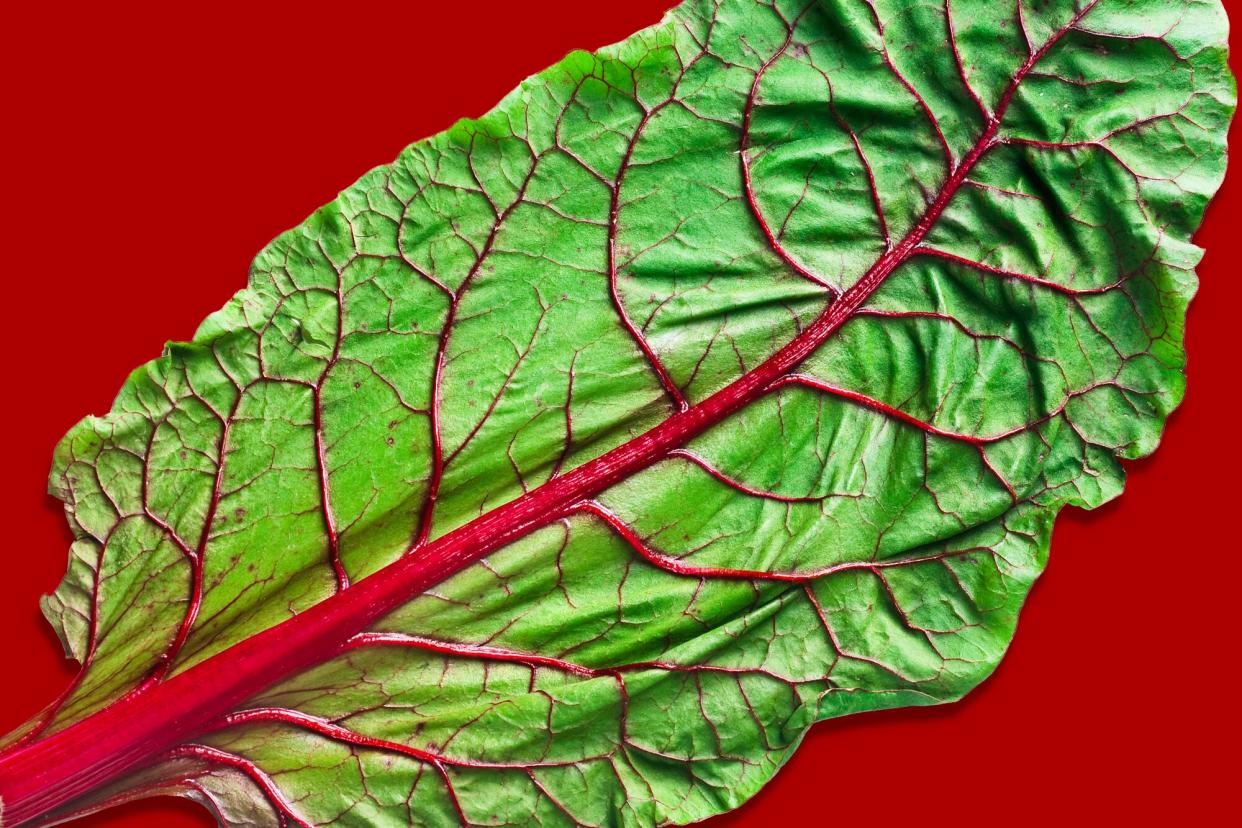What Are Nitrates and Are They Bad For Your Health?

Getty Images / Jay B Sauceda
Nitrates in cured meats, such as bacon, hot dogs and cold cuts, have long had a bad rap, but more recently there's been a lot of talk about the health benefits of nitrates in beets and other vegetables. Confusing? Yes. But we'll straighten it all out for you.
Related: Are Uncured Hot Dogs Healthier?
What Are Nitrates?
Nitrates are compounds made up of nitrogen and oxygen. Most come from plants, such as leafy greens, beets and celery. They are also added to processed meats—in the form of sodium nitrate or sodium nitrite—as a preservative, or to enhance flavor, color and texture.
Potential Benefits of Nitrates
When we eat nitrates from plants, our body converts them to nitric oxide, which has been shown to have a number of benefits, such as regulating blood pressure and improving circulation. This, in turn, can boost both heart health and athletic performance. For example, a 2021 study found that active adult men who received nitrates derived from beet juice increased their muscle power output. Another trial showed that consuming at least 60 milligrams of nitrates from vegetables daily (that's about what you get from 1 cup of raw green leafy vegetables) may significantly reduce the risk for heart disease. In addition, nitrate-rich plants provide "many other health-promoting nutrients, including antioxidants and potential anti-inflammatory compounds," explains New York City culinary nutritionist Jackie Newgent, RDN, CDN.
Potential Drawback of Nitrates
So why are they a good thing in beets but not bacon? In processed-meat products, nitrates can combine with the proteins' amino acids and form nitrosamines, which have been associated with an increased risk of certain cancers. A World Health Organization report found that each 50-gram portion of processed meats a person ate per day (that's about 5 slices of bacon) upped their odds of colorectal cancer by 18%. The evidence was strong enough that WHO classifies these foods as a Group 1 carcinogen—the same designation as tobacco.
Consuming plenty of vitamin C and other antioxidant-rich foods can help block the production of nitrosamines—and offset the potentially negative effects of processed meats, explains Melina Jampolis, M.D., an internist and board-certified nutrition specialist in Los Angeles. In fact, manufacturers are starting to add vitamin C to cured meats for just this reason. High heat can also contribute to nitrosamine formation, so Jampolis recommends cooking processed meats at lower temperatures. (For example, microwaving bacon may be better than frying it, according to some research.) But the best bet is to simply reduce the amount of them you eat. And that goes for foods labeled "natural" or "nitrate-free" too. Studies show that the conversion of nitrates to nitrosamines can occur regardless of whether they're organic or synthetic—so that "natural" hot dog may not be any healthier for you. As for products boasting "no added nitrates," Jampolis says these are often made with celery powder, which contains naturally occurring nitrates and can still produce nitrosamines (although it is not considered an added nitrate).
The Bottom Line
Nitrates from plants and those added to meat behave very differently in the body. Increasing your consumption of nitrate-rich veggies may reduce blood pressure and improve athletic performance. But it's best to limit your intake of processed meats (even "natural" and "nitrate-free" products), which are associated with an increased risk of cancer.

